FSC forex brokers are quite well-known among offshore regulated brokers. There are 3 types of FSC regulations that come from different jurisdictions. Here's the full explanation.
Forex broker's best practice holds a certain standard in which it must be licensed by at least one financial regulation entity. Nowadays, more companies have a better understanding of the necessity to get regulatory status, but find it difficult to get a license. Brokers understand that license definitely will dramatically improve their reputation and credit among traders, as well as other additional benefits such as acceptance by international payment providers.
As a solution, more and more forex brokers now seek not only onshore licenses. They also consider the offshore jurisdictions, despite their questionable standards and abilities to implement strict rules to the financial brokerages.
As such, offshore brokers are open to risky scenarios befalling the company operation. This leads to the infamous reputation of offshore regulated brokers. Many have wondered if they are trustworthy and worth the risk. In this article, we have listed three of the most popular offshore regulatory agencies under the brand of FSC (Financial Service Commission).
Contents
1. Mauritius Financial Services Commission
Financial Services Commission Mauritius is the primary non-bank financial services regulator based in Mauritius. The FSC itself was first established in 2001 and later on was mandated under the Mauritius Financial services act of 2007. The main activities of FSC Mauritius are to license, regulate, and monitor the non-bank financial services activity conducted on the island.
If a forex broker wants to operate in Mauritius, it is mandatory to get a license from FSC Mauritius. There are quite a few forex brokers licensed from FSC Mauritius who operate their services and accepting customers worldwide. Still, as FSC forex brokers, they are subject to the supervision of the financial regulator.

To obtain a forex broker license in Mauritius, the firm must establish an offline presence on the island. Following inspections and due diligence, forex brokers are then granted the appropriate license to operate and conduct the online forex trading activities.
In terms of reputation, the Mauritius Financial Services Commission has a reputation of being quite stringent and ensures that all of its licensed brokers strictly adhere to their protocols. There is also a strong emphasis from the FSC to ensure that all forex brokers should operate transparently.
For the average retail trader, there is not much of a difference between trading with an FSC licensed forex broker or another broker who has a license from some other offshore jurisdictions.
FSC Mauritius allows forex brokers to conduct its operations globally (most of Europe, Africa, and the Asia Pacific). But in terms of jurisdictional reach, an FSC Mauritius licensed broker will not be of much help especially if you are a trader from another country.
The biggest pull factor for a forex brokerage company to get a Mauritius FSC license is the fact that it is a lot cheaper when compared to a European forex license.
Unlike other jurisdictions, the FSC Mauritius allows forex brokers to offer higher leverage. In comparison, a European licensed forex broker has to limit the amount of leverage that they can offer for retail forex traders. Given the fact that lots of retail forex traders only deposit a small amount, the limitation on leverage can be a detrimental factor for them to plan a trade. In this aspect, choosing an FSC licensed forex broker offers a better advantage compared to the rest of the brokers regulated under stricter jurisdictions.
Mauritius is one of the few places that enforce the lowest tax obligation, which makes it attractive for many forex businesses to conduct the financial transaction in this jurisdiction. The rough estimate is that forex brokers just need to pay a mere 3% in tax when they are based in Mauritius and regulated by the FSC.
On the flip side, an FSC license does not ensure segregation of funds. Therefore, traders need to do their due diligence on this aspect.
The other reason forex brokers choose Mauritius as their destination for conducting the business transaction is that because it is not a blacklisted country. Many offshore jurisdictions are often prohibited from conducting international transactions, let alone to offer online forex trading.
Given the fact that some of the world's most reputable forex brokers operate with an FSC Mauritius licenses, this brings in an additional sense of reliability and security in this jurisdiction.
2. British Virgin Islands Financial Services Commission
The Financial Services Commission based in the British Virgin Islands was first established in December 2001. The important thing you should take note of is that BVI FSC's mission is to protect the interest of the economic activities carried out in its jurisdiction. As such, this institution enforces its policy by regulating economic activities carried out by companies registered in its jurisdiction.
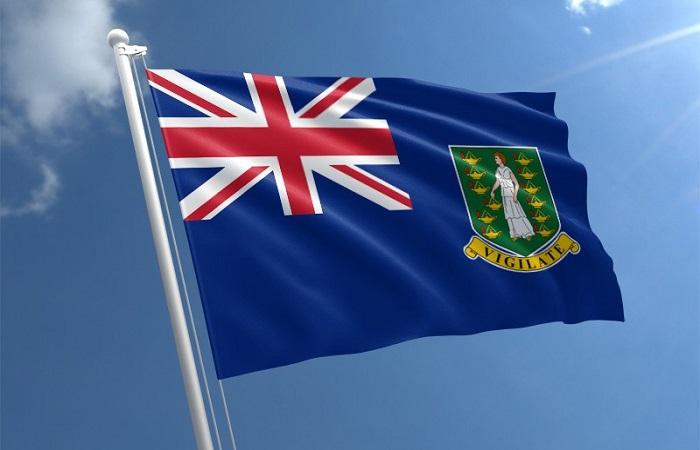
Since BVI is an offshore jurisdiction, the cost of licensing retail forex brokerages is a lot cheaper when compared to the other jurisdictions such as BaFIN in Germany or the CySEC in Cyprus. Therefore, it remains one of the biggest reasons for an investor to set up a forex brokerage under the BVI license.
The other factor is the fact that BVI itself is a tax haven, lowering the operational costs of entities registered under the jurisdiction. Hence, traders can safely expect great deals when trading in a BVI FSC forex broker.
3. Vanuatu Financial Services Commission
The Vanuatu Financial Services Commission (VFSC) was established in December 1993 as a regulatory body to oversee investment and credit services, as well as other financial providers. Nowadays, the Vanuatu jurisdiction becomes popular among investors and business owners in the forex industry looking to become a regulated broker.
In this area, the most popular type of business that current investors show demand for is Binary Options. Registering a license in VFSC is a truly simple process, implemented with low requirements for setup. Its quick establishment scheme invites lots of various brokerages to get registered in Vanuatu.
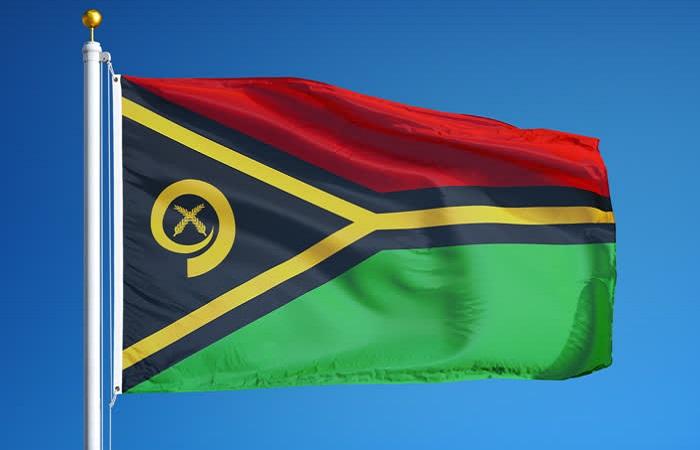
Perhaps, we can say that Vanuatu might be the easiest jurisdiction to open a brokerage, where investor only needs to submit a register online, prove an initial capital fund of mere $2,000, pay some fees, and within a 2-3 month, the firm is licensed and registered as a legal forex brokerage.
The VFSC regulator does not demand any proof of company backgrounds, nor check the implementation of secure fund management or basic operation guidelines. They do not demand any regular reporting and never impose fines in case of fraud. The authority is only in charge of the official report of the company's legitimate issues, which means the broker only has to submit a report once a year with no details of services provided.
When we compare Vanuatu to the industry-leading authorities (like UK FCA or Australian ASIC), the VFSC report requirement is way beyond the required level that may protect the company from operational frauds. The report only requires the company to submit its returns and expenses as well as general activity. It has nothing to do with protective measures regarding clients fund.
Consequently, the cost of the brokerage becomes very low when compared to industry-leading jurisdictions or even to some other offshore financial centers. The firms in Vanuatu are even allowed to operate without maintaining physical offices.
In short, trading with VFSC brokers do not provide any kind of guarantees regarding company sustainability, and even worse, do not have any kind of protection to protect the clients from fraud or scam. The VFSC regulation and Vanuatu itself might be an attractive opportunity to open a business, but it is not favorable for traders or investors.
Which One is the Most Recommended?
Financial regulators play an important role in the regulation and oversight of forex brokers. So when it comes to the point of choosing the best firm to trade with, other than benefits and facilities, traders should also consider ing brokerages from reputable jurisdictions that maintain a sustainable level of protection. The financial investment and trading itself require the strictest overseeing by the industry authorities. Otherwise, the risks may incur traders to lose money under fraud or scams.
With the growing demand and popularity of trading and the forex industry itself, it is quite normal to consider the pros and cons of trading in an offshore regulated forex broker. After all, they offer more attractive trading conditions that have been proven worthy of the risks.
Among the three examples of offshore licenses above, it is clear that FSC Mauritius is more preferred than the BVI and Vanuatu. So if you are about to consider choosing a forex broker with flexible specifications in leverage, minimum deposit, and payment methods, you can put FSC forex brokers in Mauritius as one of your top priorities.
Now that all is said and done, we do not recommend trading with brokers without any license. Such offerings should always be avoided without a blink of an eye. While there is no fool-proof method to ensure that your trading funds are secure, be sure to always do your homework and review your broker thoroughly. It is your money that is on the table after all.
Also, make sure to always verify broker's claim on a license. After all, frauds often play pretend to be regulated to convince their victims.

 Dedicated FREE FOREX VPS
Dedicated FREE FOREX VPS Free FOREX Virtual Private Server
Free FOREX Virtual Private Server MT4 Demo Contest, Get $500
MT4 Demo Contest, Get $500 Sign Up for an Account, Claim 60% Deposit Bonus
Sign Up for an Account, Claim 60% Deposit Bonus Free MT4/MT5 VPS 2024
Free MT4/MT5 VPS 2024 Send E-mail and Get Free Merchandise
Send E-mail and Get Free Merchandise $1K Refer a Friend Bonus for Pepperstone Pro clients
$1K Refer a Friend Bonus for Pepperstone Pro clients Maximize Your Earnings with 100% Deposit bonus
Maximize Your Earnings with 100% Deposit bonus Trade to Win, $5,000 Monthly Demo Contest
Trade to Win, $5,000 Monthly Demo Contest Claim 30% + 15% Deposit Bonus from LiteFinance
Claim 30% + 15% Deposit Bonus from LiteFinance

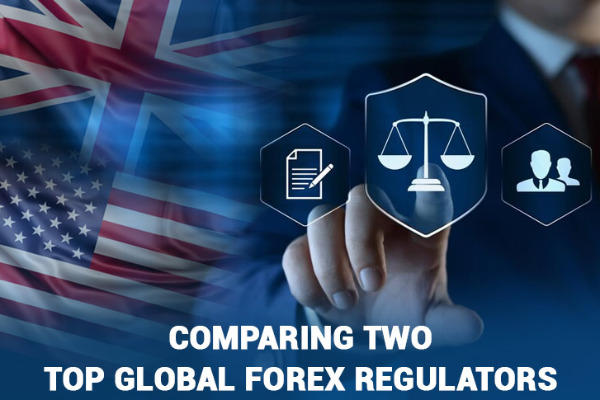
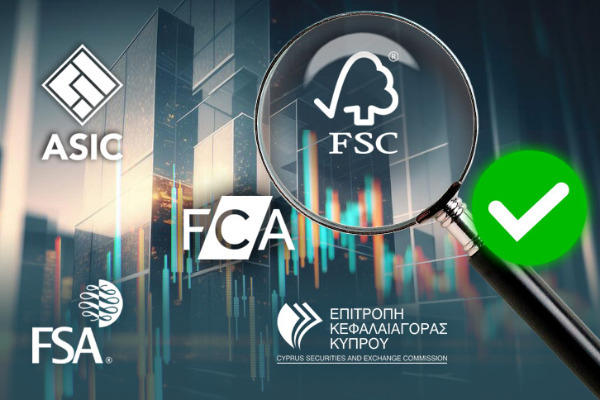
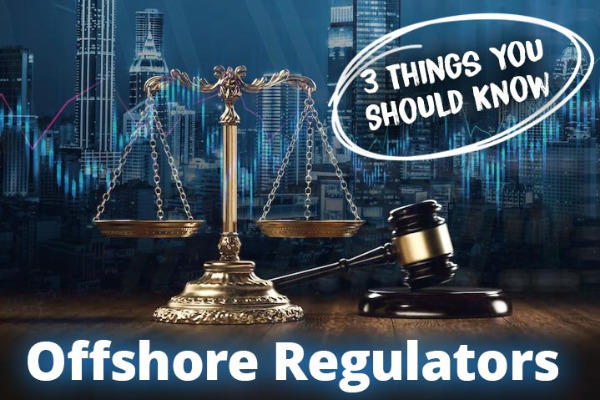
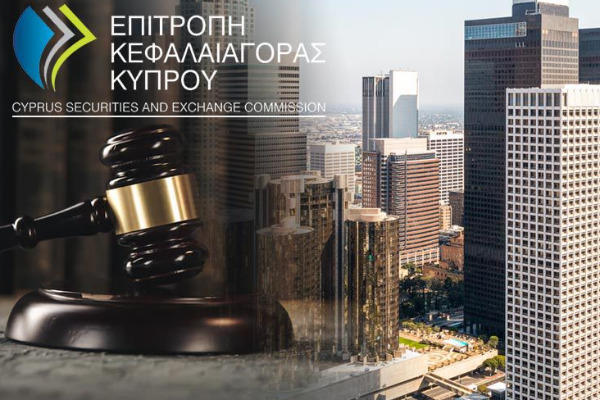
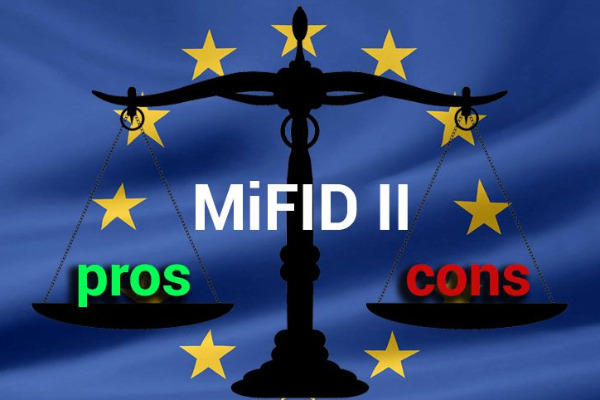








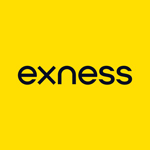



2 Comments
Adam
Jan 28 2024
I completely agree with the article's assertion emphasizing the crucial role played by financial regulators in overseeing and regulating forex brokers. The article also rightly discusses the various Forex regulations operating under the name of FSC, including those in Mauritius, the British Virgin Islands, and Vanuatu. According to the article, all three of these are categorized as offshore regulators. From my understanding, brokers regulated by offshore authorities may pose certain risks, as they generally have a less favorable reputation. While it's not universally negative, there is a perception that brokers regulated by stronger countries, such as Australia, the UK, or the US, with stricter regulations, are more reliable. I am curious to understand why brokers, despite being regulated by stringent countries, still opt for regulation from offshore authorities.
Chara
Jan 31 2024